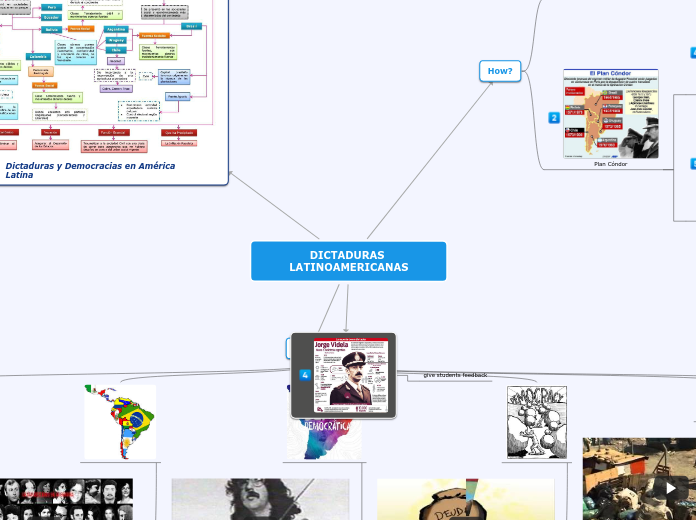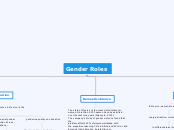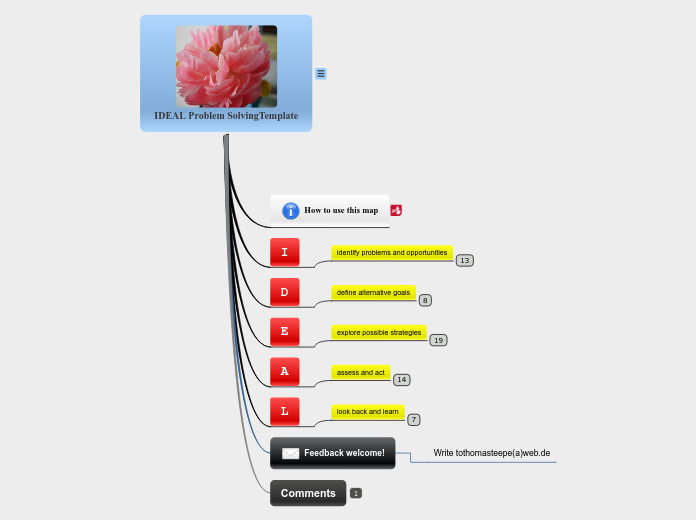Effectief taalonderwijs
Motivation
Model for motivating students
Encouraging positive self-evaluation (post-actional phase)
Increasing learner satisfaction
Providing motivational feedback
Promoting attributions to effort rather than ability
Maintaining and protecting motivation (actional phase)
Setting specific learner goals
Presenting tasks in a motivating way
Making learning stimulating and enjoyable
Protecting learners' self-esteem and increasing self-confidence
Allowing learners to maintain positive social image
Promoting cooperation among learners
Creating learner autonomy
Promoting self-motivating learning strategies
Generating initial motivation (pre-actional phase)
Creating realistic learner beliefs
Making teaching materials relevant to learners
Increasing learners' "goal-orientedness"
Increasing learners' expectancy of success
Enhancing learners' L2-related values and attitudes
"setting the scene" for effective use of motivational strategies
Cohesive learner group with appropriate norms
Pleasant & supportive classroom atmosphere
Protect students from embarassment
Encourage students to express their opinions
Appropriate teacher behaviour/good relationship with students
Demonstrate your own enthusiasm for the subject
Take the students' learning very seriously
Interaction teacher motivation - student motivation
Temporal axis: career structures and promotion possibilities
Beste mensen van groepje 1,
Ik heb mijn artikel verwerkt in de mindmap. Het onderdeel 'negatieve invloeden' heb ik weggelaten, omdat de opdracht was weer te geven wat van invloed is op effectief taalonderwijs. Voor de wiki kunnen we misschien wat met de filmpjes van leraar24.nl. Voor de wiki is het denk ik handig om direct in blackboard te werken. Groet! Marlies
Contextual factors
systemic/societal-level factors
school-based extrinsic factors
Teacher commitment
Teacher efficacy
Intrinsic component
Performance feedback
Instructional goals
Self-efficacy
Collegial community
Autonomy
Subject of interest
Pursuing a meaningful activity
Strategy
Instruction
Corrigerende feedback
Meta linguïstische kritiek
Clarification request
Interventie
Directe interventie
Indirecte interventie
Theoretische perspectieven
Sociocultural theory of the mindtopic
scaffolding
zelfregulering
onderlinge controle
Spraak
Zone of proximal development
Computational model
Controle
Output verwerking
Interlanguage development
Intake
Input verwerking
Benaderingen
Task-based approach
natuurlijke communicatie
hollistisch
Notional-functional approach
communicatieve competentie
Oral-situational Approach
present-practice-produce
Behaviourist learning theory
Feedback
Counterbalace hypothesis
Student
Repair
Uptake
Teacher
Promps
d. Repetition
c. Clarification requests
b. Metalinguistische cue
a. Elicitation
Recasts
Explicit
Minst effectief









